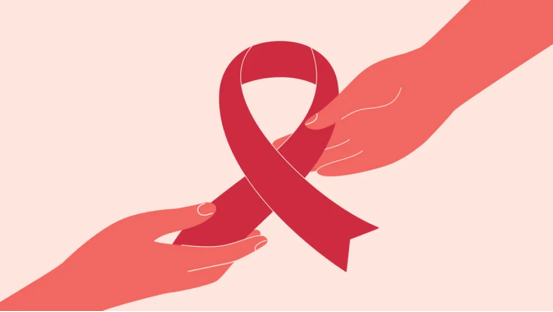HIV Risk Reduction: Key Methods to Protect Yourself and Stay Safe
In today’s world, staying informed about health risks, such as HIV, is crucial for protecting yourself and others. With advancements in medicine and prevention, there are now proven methods to reduce the risk of contracting HIV. This article will walk you through practical steps you can take to protect your health and reduce your risk of HIV transmission.
In today’s world, staying informed about health risks, such as HIV, is crucial for protecting yourself and others. With advancements in medicine and prevention, there are now proven methods to reduce the risk of contracting HIV. This article will walk you through practical steps you can take to protect your health and reduce your risk of HIV transmission.

What Is HIV and Why Should You Care?
HIV, or Human Immunodeficiency Virus, attacks the immune system, weakening the body’s defenses against infections. Without proper treatment, HIV can progress to AIDS (Acquired Immunodeficiency Syndrome), a life-threatening stage where the immune system is severely compromised. However, with early detection and modern treatments, HIV can be managed effectively, allowing individuals to live long, healthy lives.
Understanding the virus and taking proactive measures can make a huge difference in your ability to stay safe and healthy.
1. Always Use Protection During Sex
One of the most effective ways to reduce your risk of HIV transmission is by using protection. Condoms, whether male or female, are highly effective in preventing the spread of HIV when used correctly and consistently. Regardless of your relationship status—whether you’re in a monogamous partnership or engaging in casual encounters—condoms act as a barrier, reducing the chance of transmission of HIV and other sexually transmitted infections (STIs). Protect yourself and your partners by making condom use a regular habit.
2. Get Tested Regularly
Knowing your HIV status is one of the most important steps you can take to protect yourself and others. HIV testing is quick, easy, and confidential, and it allows you to take control of your health. Regular testing enables you to identify the virus early if you are infected and begin treatment as soon as possible. It also empowers you to make informed decisions regarding your sexual health and take necessary precautions to prevent spreading the virus to others.
If you engage in high-risk behaviors, such as having multiple sexual partners or unprotected sex, it is essential to test more frequently.
3. Practice Safe Injection Methods
For individuals who inject drugs, safe injection practices are critical in reducing the risk of HIV. Sharing needles or syringes is a direct route for HIV transmission. To protect yourself, always use clean needles and other sterile equipment. Many communities offer needle exchange programs that provide access to clean needles, helping prevent the spread of HIV. If you are struggling with substance use, seeking professional help can also reduce your risk of infection.
4. Consider PrEP (Pre-Exposure Prophylaxis)
PrEP is a preventive medication for individuals at high risk of contracting HIV. By taking a daily pill, people who are HIV-negative can reduce their risk of infection by up to 99%. PrEP is highly effective when taken consistently, and it can offer peace of mind to those who may be exposed to HIV through sexual activity or injection drug use. If you’re at high risk, consult with your healthcare provider to determine if PrEP is a suitable option for you.
5. Stay Informed and Educated About HIV
The more you know, the better you can protect yourself. Stay up-to-date on the latest HIV prevention strategies, treatments, and research developments. Understanding the risks, knowing how HIV is transmitted, and educating yourself about the available prevention options empowers you to take the necessary steps to stay safe. Additionally, sharing this knowledge with others helps build a more informed and supportive community. The more people know, the less stigma surrounds the disease, and the more everyone can work together to protect public health.
6. Adopt a Holistic Approach to Prevention
To truly protect yourself from HIV, adopting a comprehensive approach is essential. Combining strategies like safe sex practices, regular testing, PrEP, and safe injection practices gives you multiple layers of defense. Remember, prevention is not just about one action—it’s about a lifestyle that prioritizes your health and well-being.
Conclusion: Protecting Yourself Starts with Knowledge and Action
Reducing the risk of HIV transmission involves a proactive, multi-faceted approach. By consistently using protection during sex, getting regular HIV tests, practicing safe injection techniques, considering PrEP, and staying informed, you can significantly lower your chances of contracting HIV. Your health is in your hands—take charge and prioritize your well-being. Stay safe, stay informed, and live well.